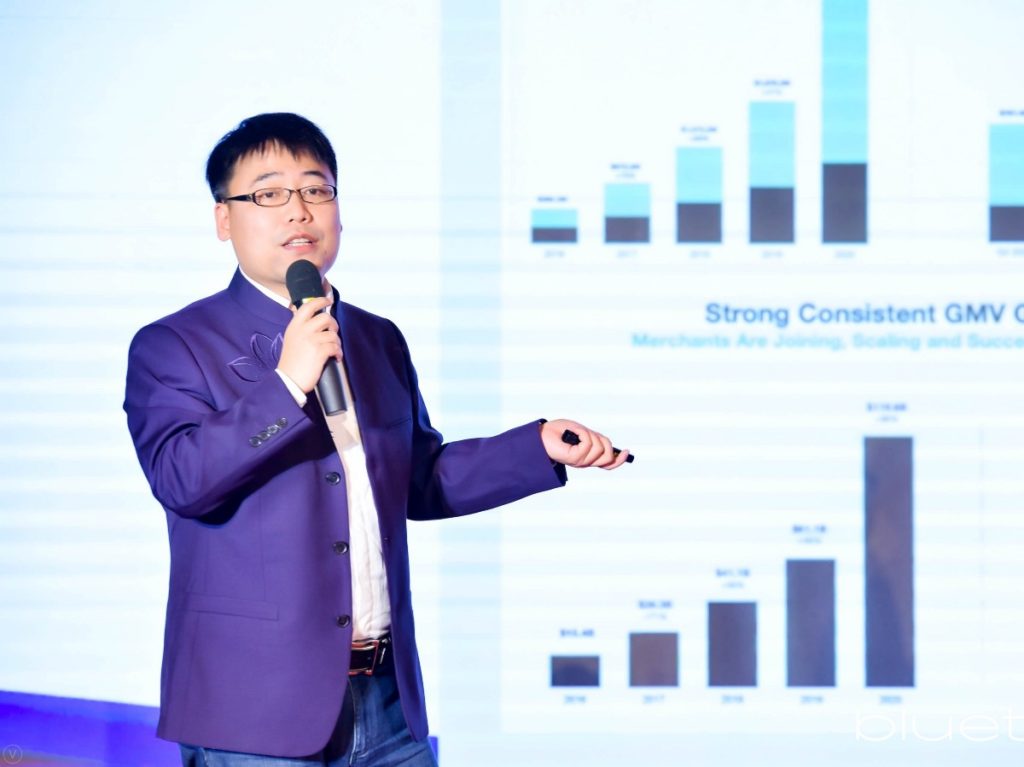Entrepreneur Case Studies
From Developer to 2-Time Successful AI Entrepreneur with Exits: Behamics CEO Valon Xhafa (Part 4)
Sramana Mitra: How did you decide who was going to be the CEO?
Valon Xhafa: It was a common agreement. We didn’t have a concrete discussion about who’s going to be the CEO. For us, the vision mattered more. This was a really important thing. I learnt from my friends that they have a lot of issues with their co-founders about this specific decision instead of focusing on building the MVP.
Having a co-founder with whom you have a common agreement and having open communication is really important. We have different perspectives on different things. My co-founder is more like going step by step and checking stuff. I’m a bit more into going faster and spending more money. We average out in the middle.
>>>From MIT PhD Student to Machine Learning Entrepreneur: Verta.ai CEO Manasi Vartak (Part 1)

Manasi made the journey from a technologist to a founder CEO, raised over $10M in funding, and has built over $5M in revenue with her first startup.
Amazing execution!
Sramana Mitra: Let’s start at the very beginning of your journey. Where are you from? Where were you born, raised, and in what kind of background?
>>>From Developer to 2-Time Successful AI Entrepreneur with Exits: Behamics CEO Valon Xhafa (Part 3)
Sramana Mitra: What did you do next?
Valon Xhafa: I wanted to start something else. I wanted to build something from scratch. I tried to use different matchmaking platforms for co-founders. I met my co-founder. We matched. I liked his profile. He was doing his Ph.D. in behavioral science. He was talking about how you can incentivize customers in online stores to make specific decisions.
>>>From Developer to 2-Time Successful AI Entrepreneur with Exits: Behamics CEO Valon Xhafa (Part 2)
Sramana Mitra: There were two things that you talked about in this case study. One is there are so many developers out there who want to be entrepreneurs. Very often, they don’t know which problem to solve or they don’t have the domain knowledge.
In your case, you went to this media accelerator and met journalists who had a problem they wanted to solve. This enmeshing of non-technical domain knowledge and a technical person creates very interesting company opportunities. That’s one way developers can become entrepreneurs.
>>>From Developer to 2-Time Successful AI Entrepreneur with Exits: Behamics CEO Valon Xhafa (Part 1)

Valon is a software developer who made a successful transition to an entrepreneur and had a quick exit with his first venture.
His second venture is already at $5M+ in revenues with just a pre-seed round of financing. This venture, Behemics, has already received two acquisition offers. Fabulous story!
>>>Thought Leaders in E-Commerce: HugePOD CEO Joe Zhou (Part 2)
Sramana Mitra: What about fabric?
Joe Zhou: We purchase from big fabric factories and we handle its stocking.
Sramana Mitra: Let’s say a designer wants to design something, they have to work within a catalog of fabric?
Joe Zhou: We have 40 kinds of fabric. They don’t need to select from the fabric. The fabric is connected to certain styles. We already have these prepared.
>>>Thought Leaders in E-Commerce: HugePOD CEO Joe Zhou (Part 1)

Joe talks about a gap in designing, manufacturing, and drop-shipping small run fashion merchandise.
Excellent offering from a Chinese company to fill a big gap in SMB e-commerce.
Sramana Mitra: Let’s start at the very beginning of your journey. Where are you from? Where were you born, raised, and in what kind of background?
>>>558th 1Mby1M Entrepreneurship Podcast with Deepak Balakrishna, Adya (Part 2)
Sramana Mitra: I also want to comment on what you said about go-to-market strategy. Cybersecurity is incredibly crowded. If you think about a large enterprise buyer who is usually a CISO, they don’t really have the bandwidth to look up every little startup out there. They have close relationships with the top players. When it comes to small companies, you have to go to market through some other way to reach these buyers. That’s what we assessed.
It’s becoming more acute now. As a result, there has been a shift in the thinking of VCs who are investing in these early-stage cybersecurity companies. They are also thinking about operating with a very small amount of capital. At the point where you need to scale your sales, that’s where investors are seeking exits into strategic players.
>>>